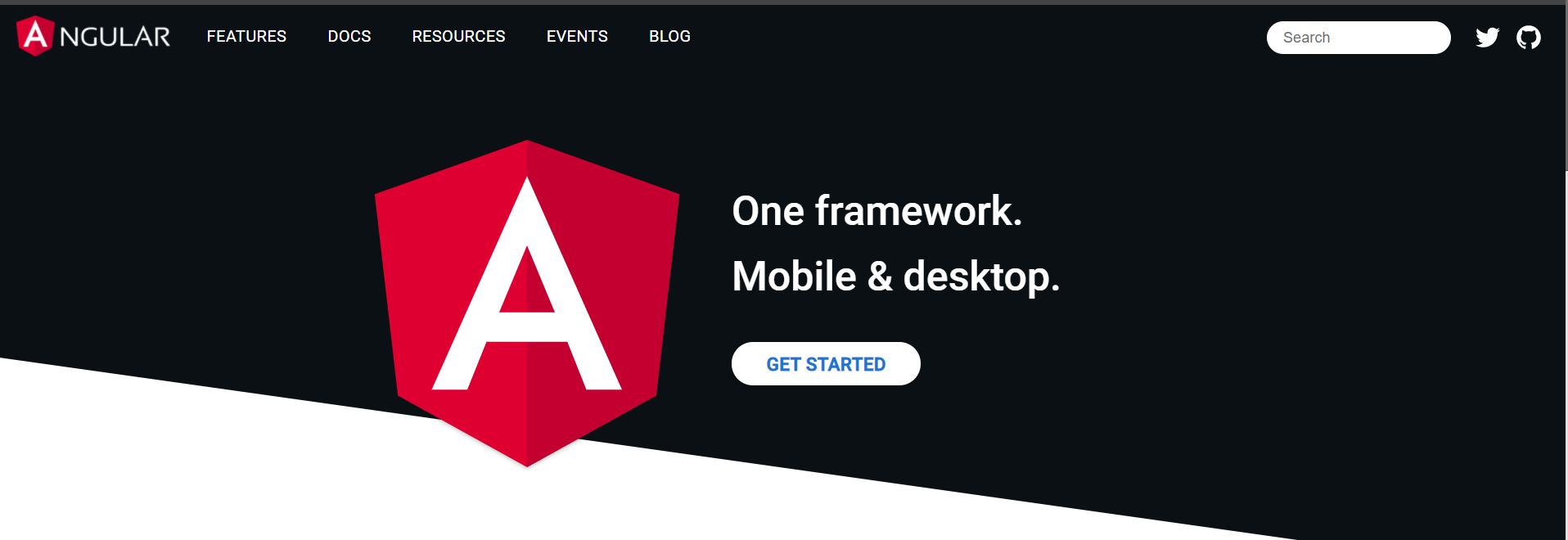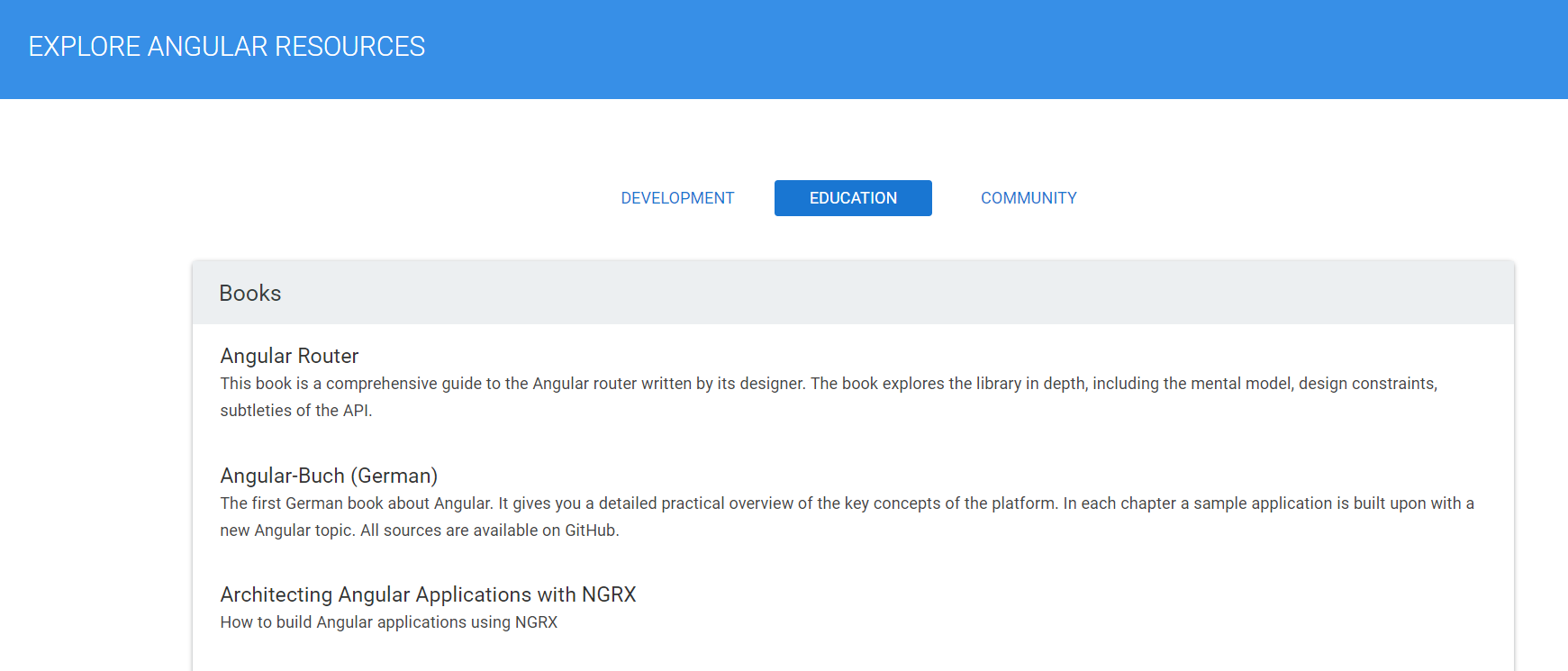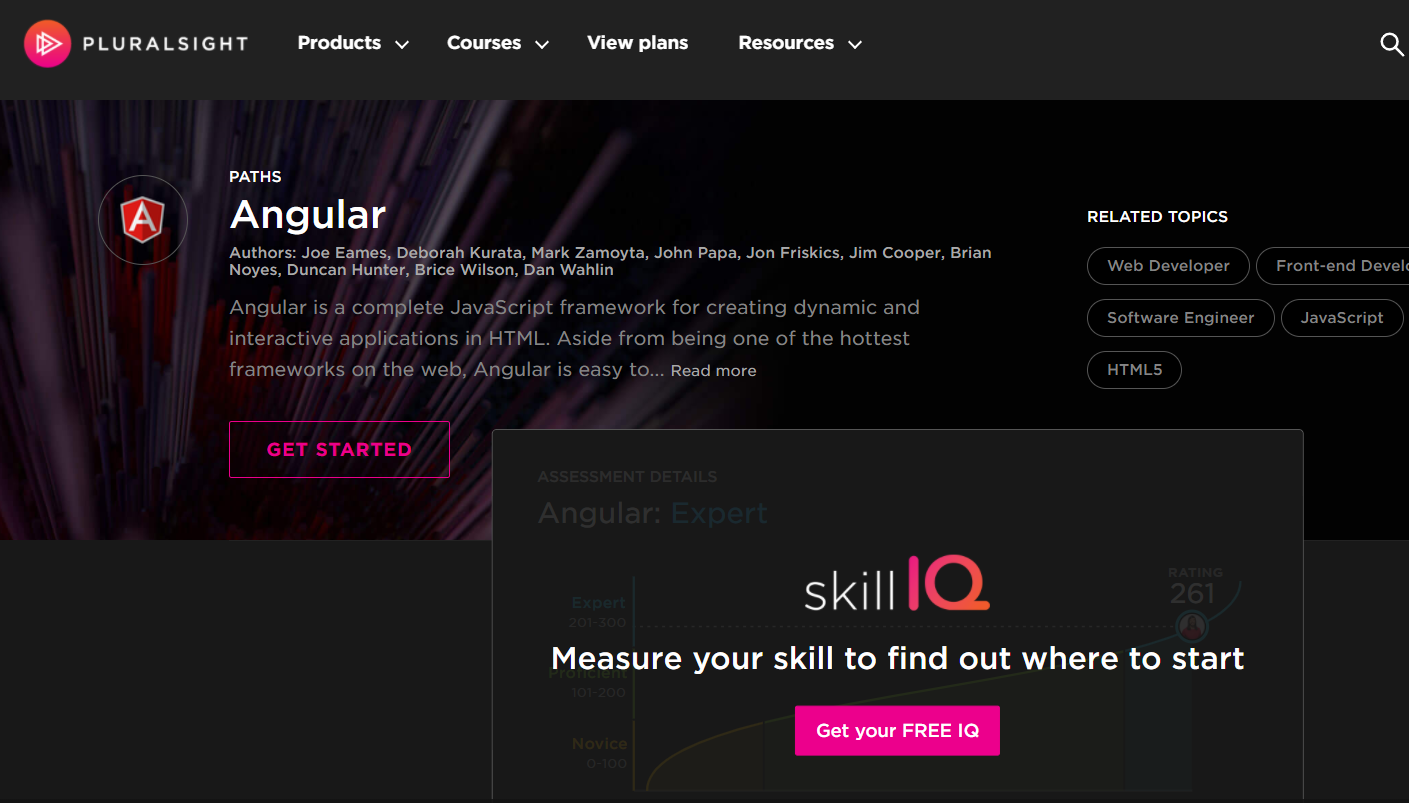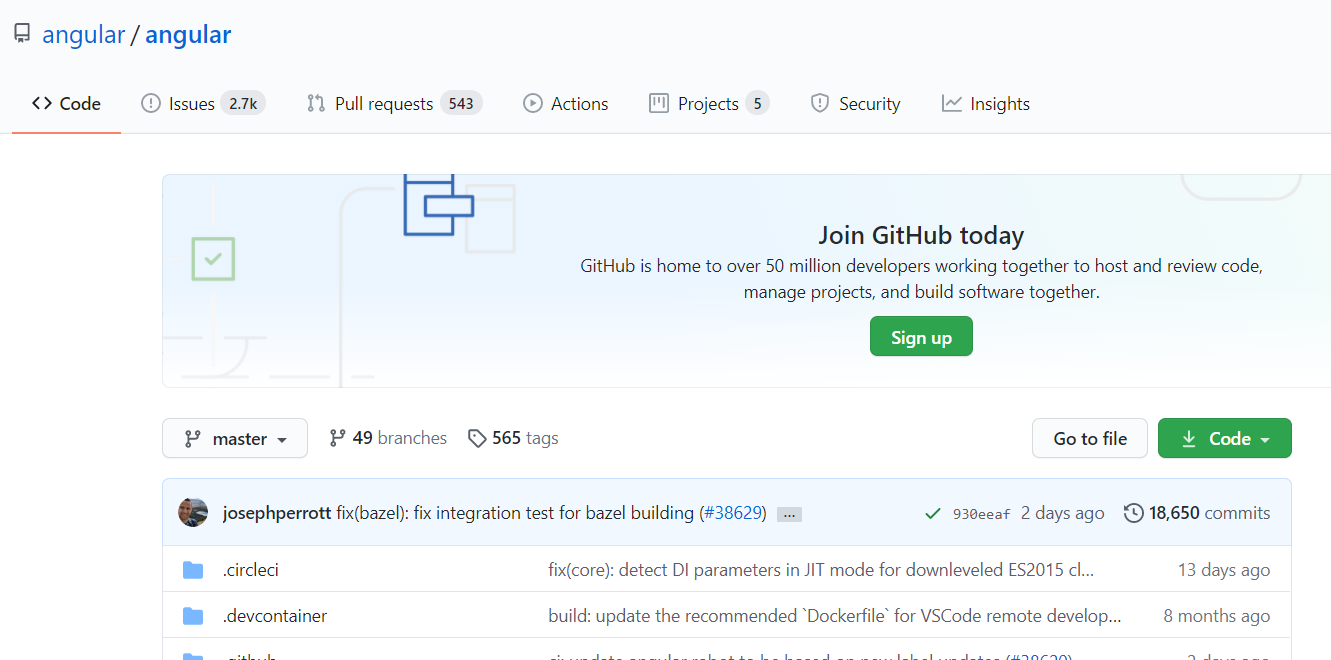When to Use Angular
Sep 4, 2020 • 4 Minute Read
Introduction
In a technological world—and especially in the development of web applications, where every day there are more options to implement robust web pages—the experience of users with our systems becomes more relevant because that is what will distinguish us from our competitors.
We have a huge number of Javascript libraries to use to interact with our users, and one of the most relevant and massive is Angular, which has infinite options and a great community improving it every day.
When to Use Angular
Use Angular when you need to design web apps for all kinds of environments, especially:
- Dynamic web apps: Where the content and some components are displayed according to the user who is accessing and the client (web or mobile) that is consuming.
- Business-level web apps: Thanks to Typescript, you can design applications by reusing components and different modules. Also, with the wide variety of libraries, you can save a lot of work during the project.
- Single-page apps/progressive web apps (SPA/PWA): If you need to design minimalist but highly dynamic apps, Angular is the answer.
When Not to Use Angular
Although Angular is used for almost anything, there may be certain cases where you must rely on other platforms. For example:
- When you have pages with static content that do not require customization by the user: Implementing Angular on these types of pages only generates an overload of work and pages much heavier than necessary.
- Apps designed in a microservice style: Although Angular is a complete solution, under this development style you do not have all the control you need to build a scalable project.
- Search-engine optimized (SEO) websites: Angular is not SEO-friendly, so optimizing your site for search engines (if that's your goal) will take a long time.
Other Learning Resources
There are many sources you can use to hone your knowledge of Angular, but the most relevant are:
Angular.io resources
On the Angular.io resource site is a series of options to study the complete technology or any detail that you want to perfect.
Pluralsight
Of course, Pluralsight has high-quality courses for all levels (basic, intermediate, and advanced) to develop your Angular career in an agile and optimal way.
Professional Opportunities
At the work level, according to Payscale, an Angular programmer earns an average income of US $72,000 per year, a figure that can increase if you complement your skills with other technologies that can be integrated into Angular (such as the MEAN stack, MongoDB , ExpressJS, and NodeJS).
Also, there are opportunities to build community with many others. Events are held around the world to demonstrate best practices and real examples of this great technology. You can even collaborate by contributing to the Angular source code on Github.
Conclusion
Finally, some tips to close this article and motivate your study of Angular:
- Complement your knowledge of Angular at a general level with knowledge of which libraries or plugins you can use to strengthen your single-page apps.
- Use this knowledge to advance your career. You should also learn a little about the MEAN stack and other technologies that allow your web apps to have all the necessary components.
- Never forget the user experience. Angular gives you many options for this, but you must always develop with your mindset on who your users are, not just the innovation and content of your websites.
Advance your tech skills today
Access courses on AI, cloud, data, security, and more—all led by industry experts.




